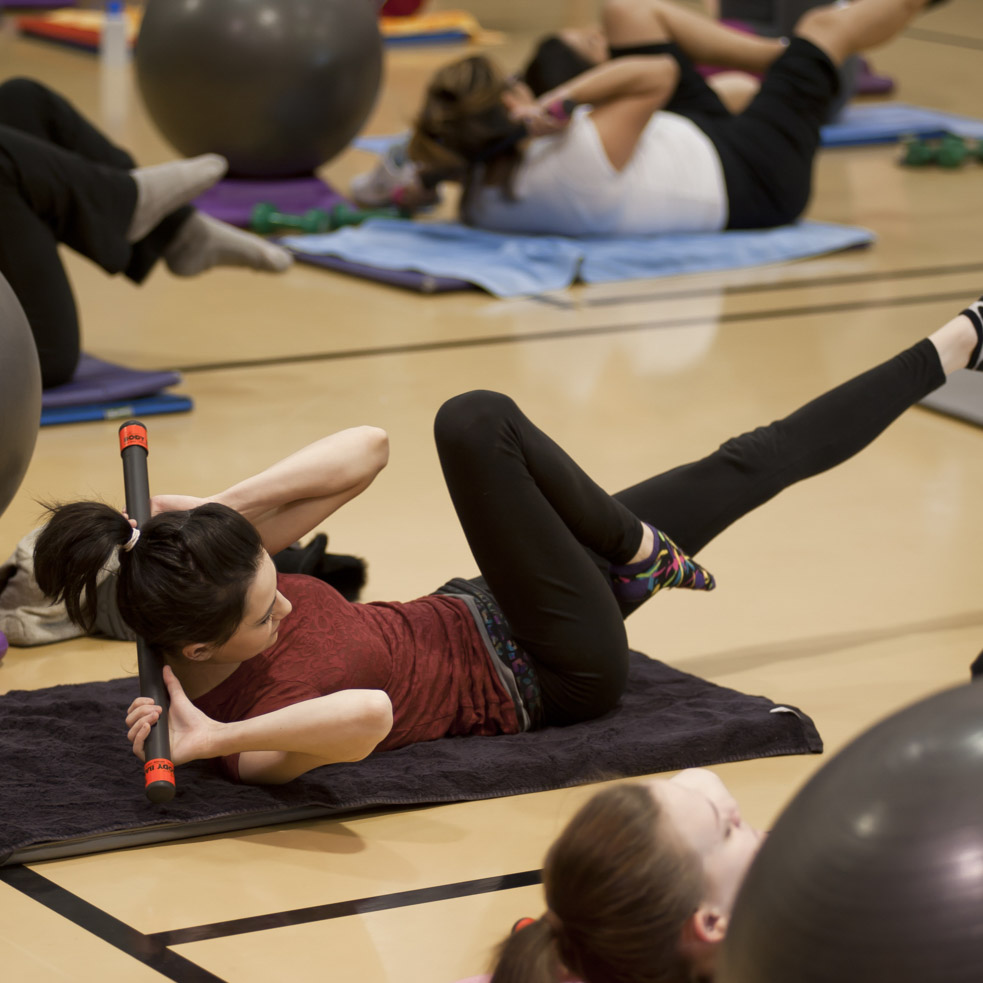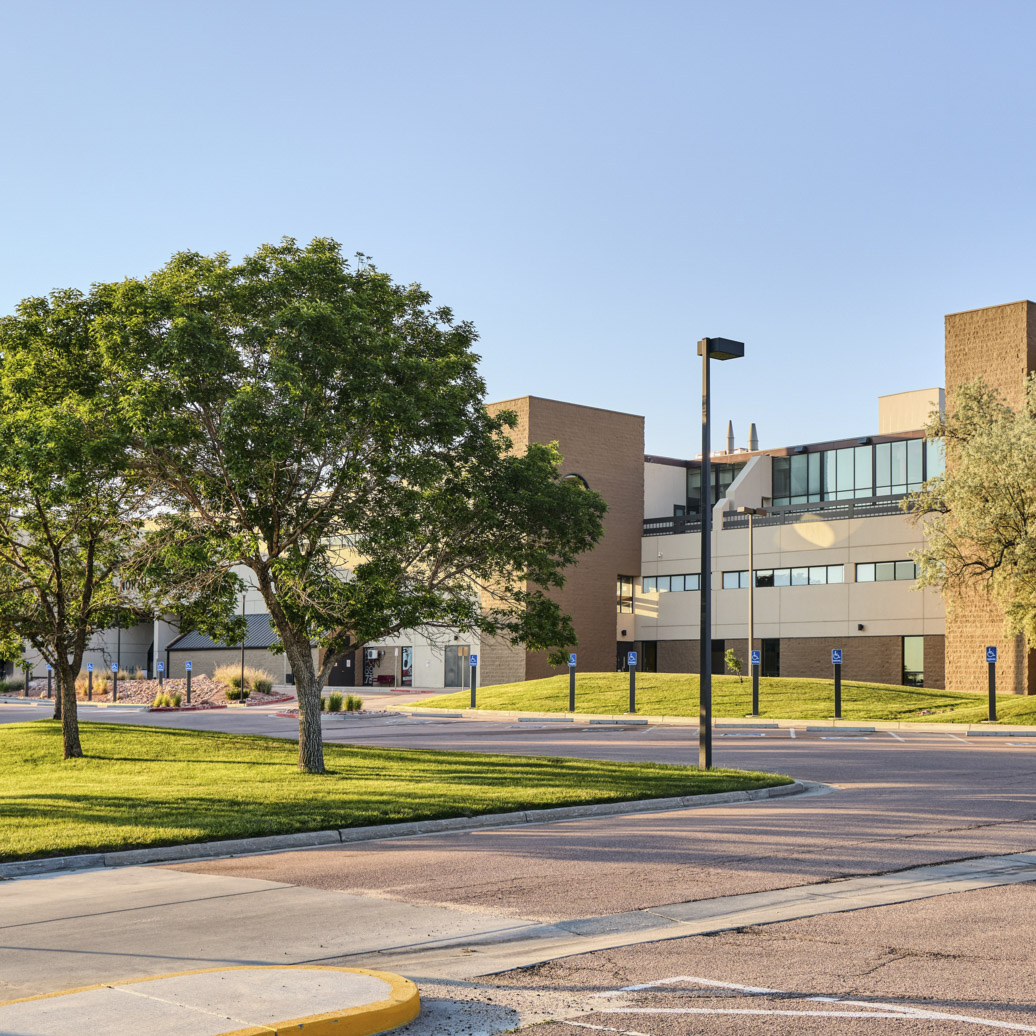Quality of Life is an individual's perception of their position in life. A person’s culture and value systems impact this perception. Physical health, psychological state, personal beliefs, social relationships and environment can affect Quality of Life.
-The World Health Organization

In the mid-twentieth century, both the World Health Organization and the United States Agency for International Development used the Gross National Product (GNP) as an indicator to determine a nation’s Quality of Life. GNP is the total market value of goods and services a country produces in its yearly economy (Gross Domestic Product) in addition to profit, rents, dividends, and interest gain from overseas investment. Consumption expenditures, investments, Government purchase of goods and services, and net exports are all variable a student would learn about in a Marco-Economics course that helps to calculate both GDP and GNP.
There’s has been debate among scholars how to best calculate Standard of Living of
a populace, in which some calculate the GNP and divide it by the populace. Like any
equation, there are some variables that are not completely accounted for and are difficult
to assess, like benefits and cost that may improve lifestyle but have no perceived
economic benefit. Two families in different countries could experience a similar
economic quality of life, but one may have to content with more pollution, traffic
congestion, crime, and inequality.
Previously a professor at the University of Colorado at Colorado Springs and a nationally
recognized economist who did work with both Washington and the Ukraine after the Cold
War, economist Dr. Ballantyne once said that economics is based on glee units. People
make market decisions based on what makes them happy, or gives them a sense of satisfaction.
There has been a movement in the last forty years to depart from using this economic
framework as a sole indicator of Quality of Life. Economist, Sociologist, and professor
emeritus of Comparative Studies, Dr. Morris David Morris stated that the GNP “as a
basic indicator of human well-being is seriously flawed.”
In 2014, the Center for Community and Economic Development at the University of Wisconsin expanded on the nature of capital in the following categories: Natural, Cultural, Human, Social, Political, Financial, and Built. These categories once evaluated helped to determine the nature of a community’s capital.

By: Andrea Ulrich, Certified Dietitian Manager & Health and Wellness Chair
Short on Time or Bandwidth? Or Both?
Bandwidth “refers to our cognitive capacity and our ability to pay attention, make good decisions,
stick with our plans and resist temptations” (Mullainathan and Shafir, 2014). Scarcity
of time impacts our bandwidth by bringing our minds back to those urgent, but unimportant
tasks. These urgent matters take up mental space and limit our capacity for critical
thinking and problem-solving.
How often to do you think, there’s never enough time in the day to do all the things
that need to be done (caring for kids/parents, laundry, paying bills, etc.) let alone
time to do the things that cultivate happiness, health, and wellbeing in life (fostering
relationships, going for a hike)? We run around putting out fires, but not enough
time sitting around the fire relaxing. We come to the end of a long and busy day and
wonder why we don’t seem to make any progress on the important matters in life like
our fitness, education, or career goals. If only we had more time… or a larger bandwidth?
“Bandwidth is a core resource… [that] affects the way we think and the choices we
make.” (Mullainathan and Shafir, 2013). We manage our schedules and time, but typically
overlook bandwidth (Mullainathan and Shafir, 2013). We manage what we can measure.
Awareness leads to concentration and concentration leads to insight. Cultivate insight
into your bandwidth and the factors that reduce/increase your bandwidth by bringing
an awareness to areas in your life where you might experience scarcity.
Compare what you do/have with what you would like to do/have? Find ways to free up time on these tasks to free up cognitive bandwidth. Identify tasks that demand constant vigilance into one-time actions.
Mullainathan, S. and Shafir, E. (2014), Freeing Up Intelligence. Scientific American
Mind, p. 58-63. https://scholar.harvard.edu/files/sendhil/files/scientificamericanmind0114-58.pdf
Mullainathan, S. and Shafir, E. (2013), Scarcity the New Science of Having Less and
How It Defines Our Lives. New York: Picdor Henry Hold and Company